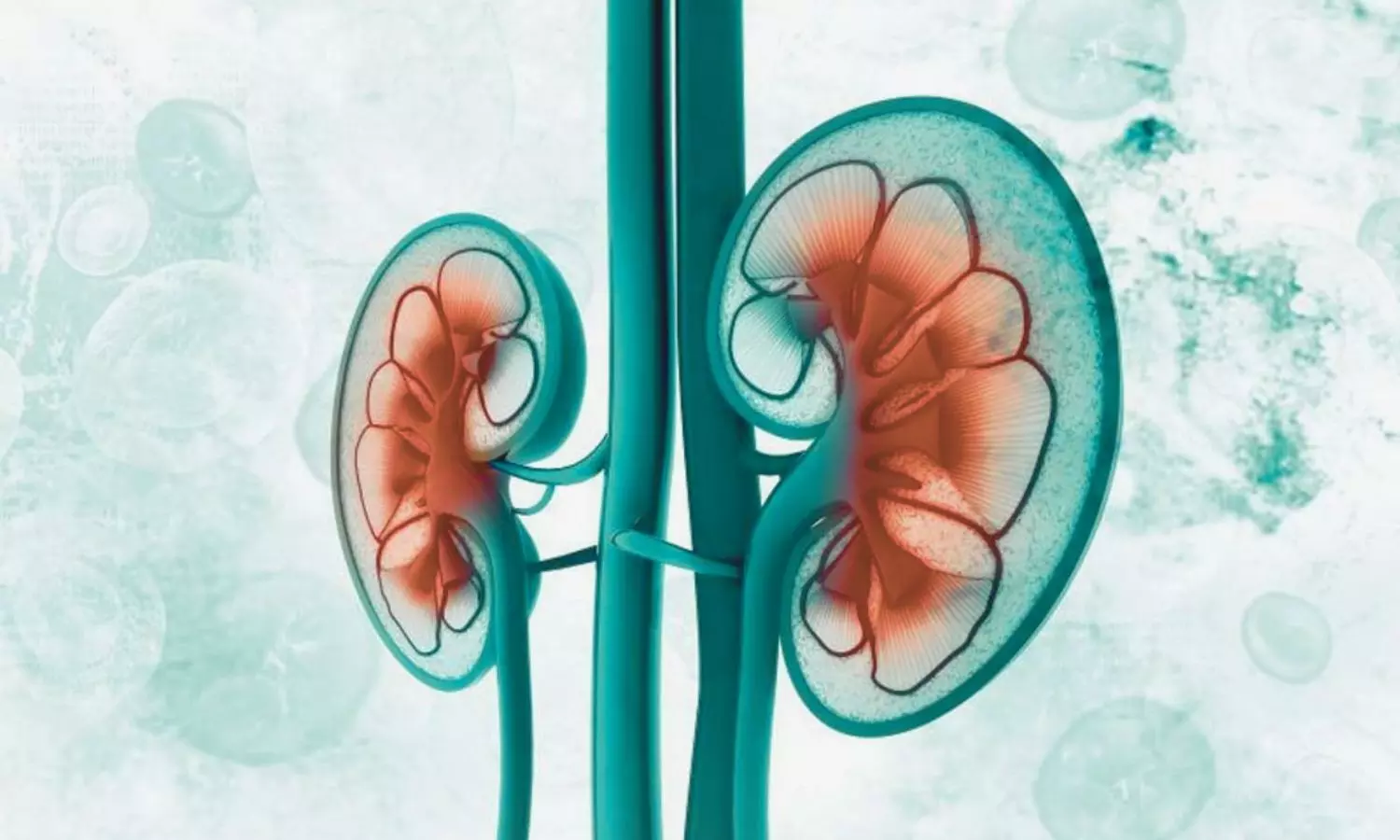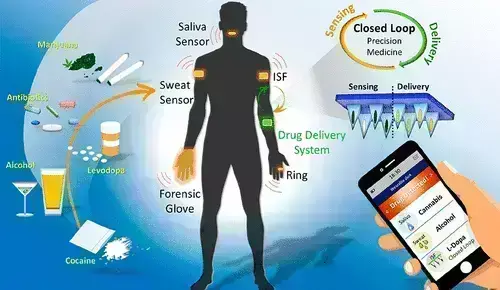Lipoprotein (a) risk factor and potential target for Chronic Kidney Disease, unravels study

A recent study published in the Journal of the American
College of Cardiology found that high plasma lipoproteins can cause chronic
kidney disease by impairing kidney function.
Chronic Kidney Disease (CKD) is one of the most common
diseases globally. Impaired kidney disease is one of the common causes of CKD
and individuals with CKD have an increased risk of atherosclerotic
cardiovascular disease and early death. Previous statements from the European
Society have found that individuals with chronic kidney disease and impaired
kidney function have increased levels of plasma lipoproteins. Increased levels
of plasma lipoproteins cause stenosis of various arteries in the body like
coronary, carotid, and renal. However, there was ambiguity on whether impaired
kidney disease causes increased plasma lipoproteins or vice versa. Hence,
researchers conducted a 1-sample Mendelian randomization study to test if high
plasma lipoprotein(a) is genetically associated with an increased risk of
chronic kidney disease.
The study was conducted by drawing blood samples involving
individuals from the Copenhagen General Population Study. The study’s primary
endpoint was patients with estimated glomerular filtration rate (eGFR) < 60
ml/min/1.73m2 at baseline or
who died of chronic kidney insufficiency. Restricted cubic splines were used to
evaluate the relationship between lipoprotein(a) levels and the risk of
chronic kidney disease. Multivariable-adjusted logistic regressions were used
to find the odds of chronic kidney disease.
Findings:
- Higher lipoprotein levels were associated with a higher
risk of chronic kidney disease - Multivariable adjusted logistic regression models
found that a stepwise higher risk of CKD was associated with stepwise
higher lipoprotein levels - On a continuous scale, lower KIV-2 repeats were
associated with an increased risk of chronic kidney disease. - The observational analysis found that for every
50 mg/dL (105 nmol/L) higher lipoprotein level, the multivariable-adjusted OR
for chronic kidney disease was 1.25 - Variable analysis showed that, for people with
genetically increased levels of lipoproteins by 50mg/dl, the genetic causal
risk of chronic kidney disease was 1.30.
Thus, the Mendelian randomization study strongly emphasizes
the association between high plasma lipoprotein(a) levels and impaired kidney
function as observed in general studies and genetic analysis. The authors also
suggested lipoprotein lowering therapies which can play a protective role in
preventing CKD.
Further reading: High Lipoprotein(a) as a Cause of Kidney
Disease: A Population-Based Mendelian Randomization Study. Doi: https://doi.org/10.1016/j.jacc.2024.08.059.
Take home points:
- Chronic kidney diseases are common global
diseases - Impaired kidney disease is one of the causes of
CKD - High lipoproteins are observationally and
genetically associated with an increased risk of CKD


